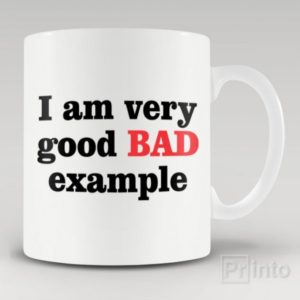There are many times in preaching through Kings and Chronicles where God teaches us through bad examples. In Second Chronicles 18 and 19 Jehoshaphat, king of Judah, functions as a very good bad example. We know that because of what Hanani, the Seer, asks in 19:2, “Should you help the wicked and love those who hate the Lord?” Well, the answer is, “No, we shouldn’t do that!”
Contrary to the theme for the series–“Direct our hearts toward you, Lord”–this king does not consult the Lord and ends up in a very dangerous situation. He joins forces with wicked king Ahab.
I explained the theology of these two chapters this way:
- There’s no need of helping the wicked (v. 18:1a). The chapter begins with a description of how God blessed him (also cf. 17:3 “The Lord was with him…”).
- The danger of helping the wicked (vv. 18:1b-27). One of the scariest parts of the OT is seeing Jehoshaphat become associated with something that was destined to fail. 18:22 reads, “the Lord has put a lying spirit in the mouth of these your prophets. The Lord has declared disaster concerning you.”
- Finally, the faith to avoid this (vv. 18:28–19:3). This is a remarkable story of God’s protection of Jehoshaphat. He could have easily–should have–been killed due to his agreeing to Ahab’s plan to save himself at his expense. But God was merciful. And His mercy should drive us to put into practice biblical separation (a doctrine that doesn’t get much press these days!).
And, if you’re looking for some connection to the cross, look no further than 18:23 where the prophet, Micaiah, was “struck…on the cheek.” Of course, our Lord suffered that same attack as recorded in Matt. 26:67; 27:30.
It is the love of God displayed on Calvary’s cross that gives us the desire and capacity to not love the world (1 John 2:15) or entertain a deadly “friendship with the world” that “is enmity with God” (James 4:4).
Preach these very good bad examples so God receives glory in the church and in Christ Jesus (Ephesians 3:21).
Randal



Please note: I reserve the right to delete comments that are offensive or off-topic.